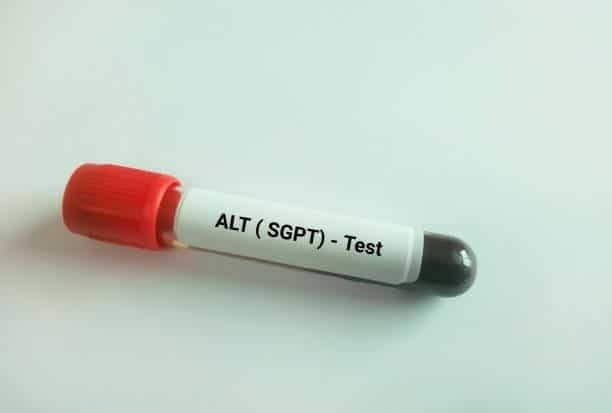SGPT Test: Purpose, Procedure, and Importance
When liver cells get damaged or inflamed, SGPT leaks into the bloodstream. This test measures the level of SGPT in your blood to see if your liver is working well.

The SGPT Test, also called the Serum Glutamate Pyruvate Transaminase test or ALT (Alanine Aminotransferase) test, is a common blood test that helps doctors check the health of your liver. The SGPT enzyme is mostly found in liver cells. When liver cells get damaged or inflamed, SGPT leaks into the bloodstream. This test measures the level of SGPT in your blood to see if your liver is working well.
Why is the SGPT Test Done?
The liver plays a vital role in keeping you healthy. It helps in digestion, stores energy, and removes harmful toxins from the body. If your liver is not functioning properly, you might not feel well. The SGPT test helps to:
-
Detect liver diseases like hepatitis, fatty liver, or liver cirrhosis.
-
Monitor liver damage caused by alcohol, drugs, or infections.
-
Check liver health in people taking long-term medications.
-
Keep track of liver conditions during treatment.
When Should You Get an SGPT Test?
Your doctor may suggest an SGPT test if you show symptoms of liver problems, such as:
-
Yellowing of the skin or eyes (jaundice).
-
Pain or swelling in the abdomen.
-
Unexplained fatigue.
-
Dark-colored urine or pale stools.
-
Loss of appetite and weight.
Even if you don't have symptoms, doctors may recommend the test as part of a routine health checkup or if you have a history of liver disease.
How is the SGPT Test Done?
The SGPT test is simple and quick. A healthcare professional will:
-
Clean the skin where the needle will be inserted.
-
Draw a small blood sample from your vein.
-
Send the blood sample to a laboratory for analysis.
You don’t need to fast before the test unless your doctor advises it. The results are usually available within 24 hours.
Normal Range of SGPT Levels
The normal SGPT level in adults is generally between 7 to 56 units per liter (U/L). However, the range may slightly differ depending on the laboratory. A high SGPT level means there may be liver damage or inflammation. Your doctor will help you understand what your test results mean.
Causes of High SGPT Levels
High SGPT levels can be caused by:
-
Hepatitis (viral or autoimmune).
-
Fatty liver (due to alcohol, obesity, or diabetes).
-
Liver cirrhosis.
-
Use of certain medicines.
-
Muscle injury.
Conclusion
The SGPT test is an important tool to check the health of your liver. Early detection of liver problems helps in effective treatment and prevents further complications. If your SGPT levels are high, don’t panic. Your doctor will guide you through the next steps, which may include more tests or lifestyle changes.
What's Your Reaction?















.jpg)
.jpg)

